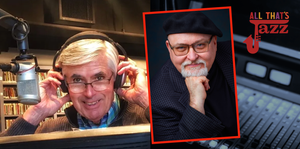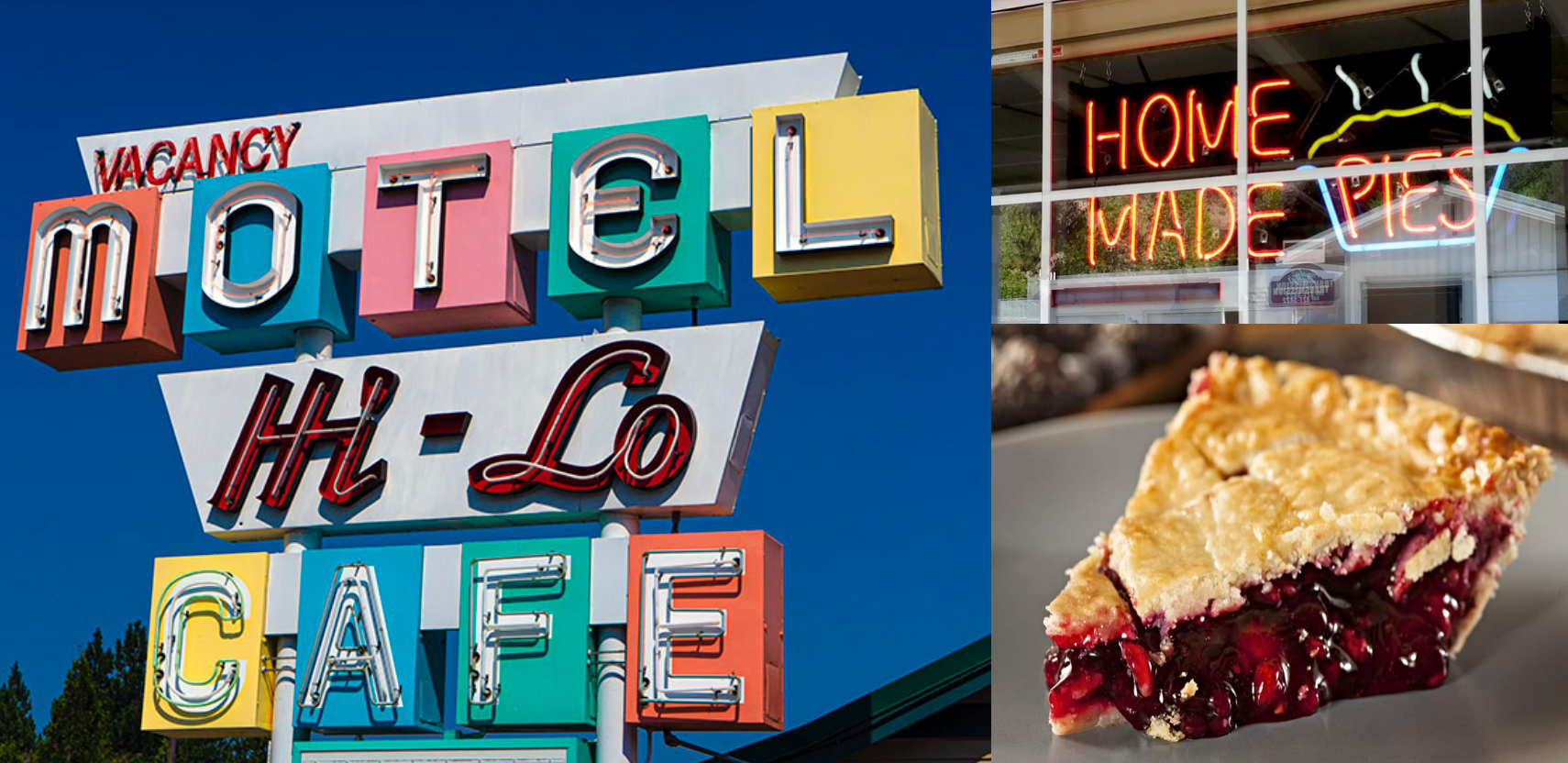“The owls are not what they seem.”
—The Giant
Now a full time musician, no longer employed by Kendall Lane, I agreed to stay involved by joining his Board of Directors.
I soon learned that our board chairman was a newly minted Owl. So was the CEO of my wife’s investment management firm. So were several of our well-heeled friends on the San Francisco arts and culture scene.
Like AA, involvement in the Owl Club is supposed to be a big secret. And like Fight Club, the first rule is you don’t talk about it. Yet somehow its members often find a way to let you know.
Some Owls communicate their affiliation by wearing a club signet ring, tie tack or lapel pin. Others sprinkle their small talk with offhand references to “The Club” or “The Nest” in much the way evangelicals will casually mention “The Church,” as if everybody attends the same one.

For such an exclusive organization, the Owls sure seemed to be everywhere, hiding in plain sight.
One autumn night in the early aughts, I was invited to perform for an Owl Club function downtown. It was my kind of event, a noir-themed variety show. Everybody, performers and guests alike, wore fedoras.
I was playing a lot of “crime jazz” in those days, and as I recall, our music was a big hit.
After the show one of the guests motioned me over to his table for a cocktail. The gentleman was charming, but after a while our ostensibly informal chat began to feel more like a post-audition interview, conducted in a coded language I didn’t fully understand.
At first I didn’t see anyone familiar among the shadowy men-in-hats, but as I was packing up my gear, I happened to make eye contact with someone I recognized: Glen Rollins, the well-known vibraphonist and flautist. Glen was casually leaning against the wall with an air of relaxed confidence, totally at home, like he owned the place.
Is he a club member, I wondered, or is he, like me, merely a hired gun?

The following spring I received a call from Josh Maxwell, the eccentric jazz professor back home in Arizona, inquiring if I would consider being guest soloist with his university big band as part of their annual “jazz week” celebration.
I said I’d love to.
I’d known Maxwell ever since my teens, when the local jazz society arranged for me to take a few music theory lessons at the college of music, and record a demo in their brand new recording studio. We'd stayed in touch over the years, and recently the two of us had even played a few gigs together, in which he would sing, cabaret-style, and accompany both of us on piano.
You might say we were now professional colleagues, but I continued to regard him with respectful deference. Maxwell was one of a kind. I admired his joyful stage presence and liberal use of obscure hipster lingo in everyday conversation. He was the closest thing our little town had to a real jazzman.
Maxwell was an accomplished composer and conductor as well. After one of the jazz week rehearsals, he ushered me into his office to show me his current work-in-progress: the orchestral score for an original musical theater production all about Teddy Roosevelt.

I was impressed with the project's ambitious size and scope.
“Wow! Do you think you can ever get it performed?” I asked.
“Oh, yes,” he replied in an exaggerated stage whisper. “In fact, this will be the 100th Nest Play!”
Wait, did he say Nest Play?
Could it be that Josh Maxwell — way out here in the Lonesome Desert — is a member of the Owl Club?
Precisely how many of my associates, I wondered, are secretly involved in this not-so-secret society!
At least one more, I would soon learn.
Upon my return to San Francisco, Tom Hill, a longtime friend and benefactor, surprised me with an invitation to the Owl Club’s famous annual retreat.
“Dmitri, I would like you to join us at The Nest,” Tom announced grandly, “as my guest, for our midsummer encampment.”
I was astonished.
I had no idea that Tom was an Owl.
I certainly never suspected that a non-member would be welcome at The Nest, even as a guest.
And I never would’ve dreamed that a ne’er-do-well iconoclast like me would be invited.
Maybe I shouldn’t have been so surprised. My wife wasn’t.
“Obviously you’ve been vetted,” she said.
“What’s that mean?” I asked, not familiar with the term.
“It means you’re going.”

Next:
The Owl Club Part 7 — The Nest
Previous Posts:
The Owl Club Part 1 — Invitation
The Owl Club Part 2 — A Weaving Spider
The Owl Club Part 3 — The Gift
The Owl Club Part 4 — Sweets
The Owl Club Part 5 — Parliament






 charted
charted  added
added  played
played  directed
directed 
 accompanied
accompanied  headlined
headlined  published
published  planted
planted  recorded
recorded  arranged
arranged  completed
completed 

























































